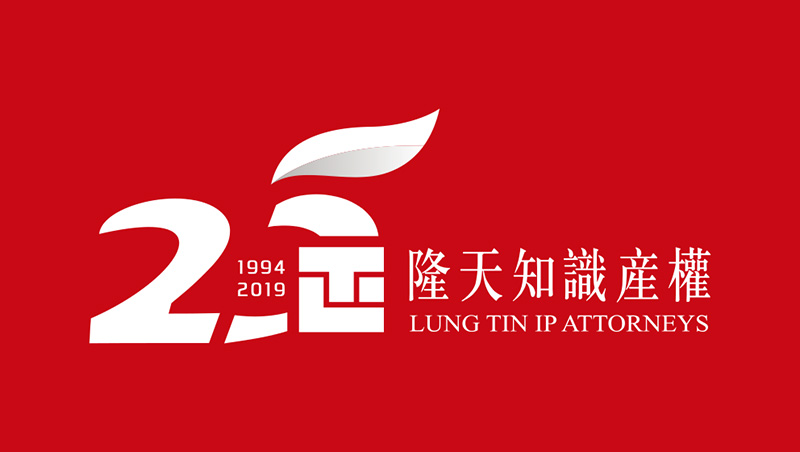Publish Time:2022-07-07 10:19 Extract From:http://www.gov.cn/xinwen/2022-06/25/content_5697697.htm
The amended Anti-Monopoly Law will come into effect as of August 1st, 2022
The 35th meeting of the 13th National People's Congress Standing Committee voted on June 24th to amend the Anti-Monopoly Law, which is the first revision of the Anti-Monopoly Law since its implementation in 2008.
The Anti-monopoly Law is a fundamental legal system of market economy. Since its implementation in 2008, China’s current Anti-monopoly Law has played a very important role in protecting fair competition, improving economic efficiency, safeguarding consumer and social public interests, promoting high-quality development, and the like. Practice has proved that the framework and main system of the current Anti-monopoly Law are generally feasible. At the same time, with the development of China's socialist market economy, the implementation of the Anti-monopoly Law has also exposed problems such as relative principled relevant regulations, insufficient penalties for some monopolistic behaviors, and needs for further sound enforcement system. In particular, with the rapid development of new business forms such as platform economy, some large platform operators abuse the advantages such as data, technology, capital and the like so as to carry out monopolistic behaviors and conduct disorderly expansion, which leads to the increasingly prominent problems such as hindering fair competition, inhibiting entrepreneurship and innovation, disrupting economic order, harming consumer’s rights and interests, and the like, and there is an urgent need to clarify specific applicable rules of anti-monopoly-related systems in the field of platform economy to strengthen the anti-monopoly supervision. Amending and improving the Anti-monopoly Law is the inherent requirement of the development of China's socialist market economy and the objective requirement to help build a new development landscape, which is very necessary and urgent.
General idea and main contents of amendment
In the process of amending the Anti-monopoly Law, the following ideas are mainly followed: firstly, to thoroughly implement the spirit of General Secretary Xi Jinping’s important instructions on strengthening anti-monopoly and preventing disorderly expansion of capital and the decisions and arrangements of the Party Central Committee and the State Council, ensuring a correct direction of amending the law; secondly, to adhere to the problem-oriented and goal-oriented approach, properly handling the relationship between regulations and development, and further improving anti-monopoly-related systems and increasing penalties for monopolistic behaviors so as to provide a clearer legal basis and a more powerful institutional guarantee for strengthening anti-monopoly and preventing disorderly expansion of capital in view of prominent problems existing in the implementation of the Anti-monopoly Law; and thirdly, to accurately grasp the positioning of the Anti-monopoly Law which acts as a fundamental law and the characteristics of the anti-monopoly enforcement such as professionalism, complexity, and the like, giving space to establish the anti-monopoly guidelines and other supporting regulations while improving the basic systems and rules.
In this amendment, the current Anti-monopoly Law has been amended mainly in four aspects as following.
(I) The fundamental status of the competition policy and the legal status of the fair competition review system are clarified. While stipulating that the state strengthens the fundamental status of the competition policy, it also stipulated that the state establishes and improves the fair competition review system; and administrative organs and organizations with functions of managing public affairs authorized by laws and regulations shall conduct fair competition reviews when establishing regulations involving economic activities of market subjects.
(II) Anti-monopoly-related systems and rules are further improved. Practice of the anti-monopoly enforcement is summarized and anti-monopoly-related systems and rules are further improved drawing on the international experience, which includes:
-adding provisions that operators shall not abuse data and algorithms, technologies, capital advantages, platform rules and the like to exclude or restrict competition;
-stipulating that operators shall not organize other operators to reach monopoly agreements or provide substantive assistance for other operators to reach monopoly agreements;
-establishing a “safe harbor” system which stipulates that in the case that the operator who has reached a monopoly agreement can prove that its market share in the relevant market is lower than the standard stipulated by the anti-monopoly enforcement agency of the State Council, it shall not be prohibited in principle;
-clearly stipulating that it is a behavior of abuse of market ascendancy in the case that the operator with market ascendancy sets obstacles to other operators using data and algorithms, technologies, platform rules and the like so as to imposes unreasonable restrictions on other operators ;
-establishing a “stop clock” system for the time limit of the operator concentration review, which stipulates that in the case that review work cannot be carried out caused by the operator failing to submit documents or materials as required and a new situation and fact that have a significant impact on the operator concentration review need to be verified, the anti-monopoly enforcement agency of the State Council may decide to suspend the calculation of the time limit for the operator concentration review;
-stipulating that the anti-monopoly enforcement agency of the State Council shall strengthen the review of the operator concentration in the fields such as livelihood, finance, science, technology, media and the like in accordance with the law;
-in order to prevent administrative organs and organizations with functions of managing public affairs authorized by laws and regulations from abusing administrative power and forming a monopoly of a single market subject and hindering other market subjects from participating in market competition fairly, stipulating that administrative organs and organizations with functions of managing public affairs authorized by laws and regulations shall not abuse administrative power and hinder other operators from entering the relevant market or impose unequal treatment on other operators so as to exclude or restrict competition through manners such as signing cooperation agreements, memorandums and the like with the operator.
(III) Protection of the anti-monopoly enforcement is further strengthened. It stipulated that relevant units or individuals have the cooperation obligations when the anti-monopoly enforcement agency investigates behaviors of abusing administrative power to exclude or restrict competition in accordance with the law, and it is also stipulated that regarding the operators, administrative organs and organizations with functions of managing public affairs authorized by laws and regulations that is suspected of illegal acts, the anti-monopoly enforcement agency may interview their the legal representatives or persons in charge and require them to conduct rectification.
(IV) Legal responsibilities are improved and penalties are increased. In view of the problems reflected in the anti-monopoly enforcement, the amount of fines for relevant illegal acts is greatly increased, and the penalties to legal representatives, principal responsible persons and directly responsible persons of operators who have reached monopoly agreements are increased. Provisions on credit penalties are added.
In addition, according to situation of the institutional reform, it is also clarified that the market supervision and management department of the State Council, as the anti-monopoly enforcement agency of the State Council, is responsible for the unified anti-monopoly enforcement. In order to better safeguard social and public interests, it is stipulated that for operators who carry out monopolistic behaviors and harm social public interests, the People’s Procuratorate may file a civil public interest lawsuit with the People's Court in accordance with the law.


